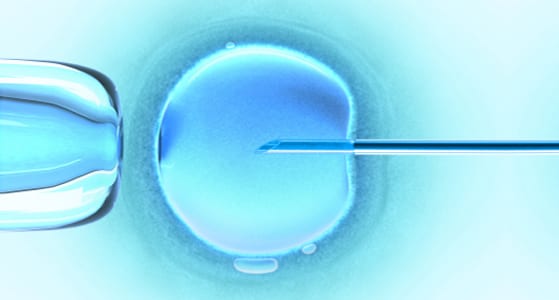Search Results for: primary reason
Reasons for Male Infertility
Infertility can serve as a stumbling block standing in the way of your family dreams. When a couple has trouble conceiving, one of the first tasks that doctors often undertake is determining the infertile party. When the infertility is due to an issue with the male member of the partnership, it can be due to an assortment of fertility-halting physical issues.
TOP 10 REASONS TO GO ORGANIC
Regardless of diet, organics are a smart priority. Opting for organics is one of the most powerful choices each of us can make for personal and planetary health. Free of harmful chemicals, boasting with more nutrition, taste, and sustainable sustenance, buying organically grown food is a direct vote for immediate health and the hopeful future of generations to come. 1. AVOID CHEMICALS
How America’s Broken Health Care System Affects Women
The idea of womens empowerment is a touchy issue. It has been correlated with the myth of the male decline and other scare tactics put forth by those who may seek to sweep womens issues under the proverbial rug. However, one fact stands very clear.
All About Egg Donation: Q&A With A Fertility Expert
In the past three years, my husband and I have suffered four miscarriages. We’ve also had 28 embryos genetically tested, only to find out that they were not viable. Why? Because I have a translocation, a genetic mutation which causes the vast majority of my eggs to be genetically unsound.This means that if my husband and I want to expand our family, the only options we have left are egg donation,embryo donation and adoption
When the Bough Breaks: Ending the Stigma, Shame and Silence of Postpartum Mood Disorders
Contrary to the popular belief that pregnancy is a biologically protective and emotionally joyful time, women are actually quite vulnerable to a spectrum of psychiatric disorders throughout the perinatal period – the time around pregnancy and postpartum. This range of disorders, more commonly referred to under the umbrella term of postpartum depression, is more accurately reflected by the terms postpartum or perinatal mood and anxiety disorders (PMADs). In fact, 1 in 7 women who become pregnant will experience a mental health disorder during the course of their pregnancy or in the postpartum period, making PMADs the most common complication of childbirth. Additionally, 50% of women diagnosed with PMADs postpartum had an onset of their symptoms during pregnancy.




